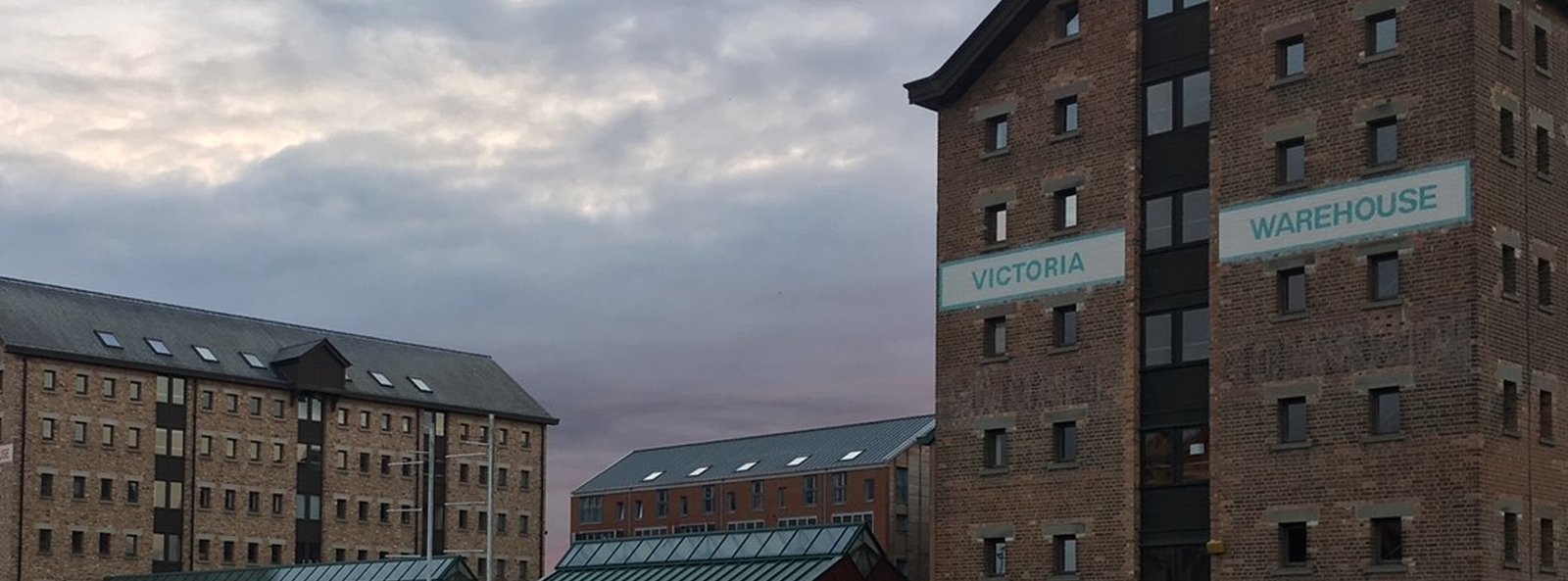If you’re looking to buy your first home but feel that your deposit just isn’t growing quickly enough to get started, you still have options. There are ways to get your foot on the property ladder, even with a smaller deposit.
What is a mortgage deposit?
A mortgage deposit is a lump sum amount of money that you pay upfront when you’re buying a house. It will usually need to be at least 5% of the value of the property you’re hoping to buy. The bigger the deposit you have, the smaller the mortgage you’ll need to take out to pay for the rest of the property.
How can I buy a property if I have a small deposit?
The good news is that there are options available to you once you’ve saved up a small deposit.
Generation Home's Deposit Booster
Launched in 2020, Generation Home is a modern mortgage lender on a mission to make homeownership more accessible. They’ve built new ways to help first-time buyers onto the property ladder – from smarter ways for you to get deposit help with deposit boosters to boosting your affordability with an income booster.
Shared Ownership
This scheme allows you to buy a share of a property and pay rent on the rest. You'll only need a mortgage for the share you’re buying so you can buy with a much smaller deposit.
- You buy a share in a house or flat of between 25% and 75% of the value of the property, depending on what your mortgage lender says you can afford.
- You only need a mortgage for the share you are buying
- You pay the mortgage on your share and you pay rent on the rest to the housing association
- Because you only need a mortgage to cover your share of the house, your deposit could be a lot lower than if you were buying a whole house outright
For example, the minimum deposit and income requirements for a £230,000 home are:
- 50% share requires a 5% deposit which equates to £5,750, and a minimum income of £27,600 and you then pay rent on the other 50% share to the housing association.
- 25% share requires a 5% deposit which equates to £2,875, and a minimum income of £21,600, and you then pay rent on the other 75% share to the housing association.
Read our blog for a full guide to Shared Ownership.
Help to Buy Equity Loan Scheme
- The government will lend you up to 20% of the cost of your newly built home. This increases to up to 40% of the cost if the property is in London.
- You’ll need to save a minimum of 5% of the purchase price as a deposit, and you can use contributions from your Help to Buy ISA or Lifetime ISA to pay this. The remaining 75% comes from a specialist Help to Buy mortgage product.
- As you’ll have a larger deposit, you won’t need to raise as much of a mortgage. This means your initial mortgage payments will be lower. It should also help with affordability calculations when you apply for your mortgage.
- The equity loan is interest-free for the first five years and you don’t need to make any repayments on it during that time.
- The scheme is only open to first-time buyers.
- It’s only available on new build homes
- New regional price caps have been introduced. As a result, the maximum value of homes that can be bought with the scheme's help will be dramatically cut in most areas. The caps have been set at 1.5 times the average first-time buyer price in each region.
How to save a deposit for a home
If you’re committed to buying your first home, ensure you’re doing everything you can to save as much as possible towards your deposit. Although it may seem impossible at times, with a few simple tips and tools, you could soon have enough to put down a deposit on your first home.
Slash your spending
Cutting down on unnecessary spending has the added benefit of showing lenders that you’re sensible with your money. If you don’t know where to start, try these:
- Create a separate savings pot – Set up a savings account with your normal bank or use a price comparison site to find one with the best interest rate.
- Make one sacrifice - Cutting out one luxury can give your savings a big boost.
- Use a saving or budgeting app – Try downloading a saving/budgeting app like Plum or Yolt. These apps have features that round up your spending to the nearest pound and deposit the difference into a separate savings pot.
Read our helpful blog for more tips on how to save for your deposit.
Make your savings work for you
In addition to saving up your money, it’s equally important to make sure you’re saving in the right places. Saving into a Lifetime ISA is a brilliant way to boost your savings when you’re buying your first home.
- You can put in up to £4,000 each year - until you’re 50 years old.
- The government will add a 25% bonus to your savings - up to a maximum of £1,000 per year.
- You can save lump sums - you don’t need to commit to saving each month.
Improve your credit score
Lenders look at your credit score them to help them decide whether to a) lend you money b) how much to lend you, and sometimes c) how much interest to charge so if you can clearly demonstrate you have a good credit score, then you’ll stand a better chance of getting the mortgage deal you want.
Read our blog on improving your credit score for ways to prove you are a trustworthy person, can manage your finances responsibly and are able to repay what you borrow.

